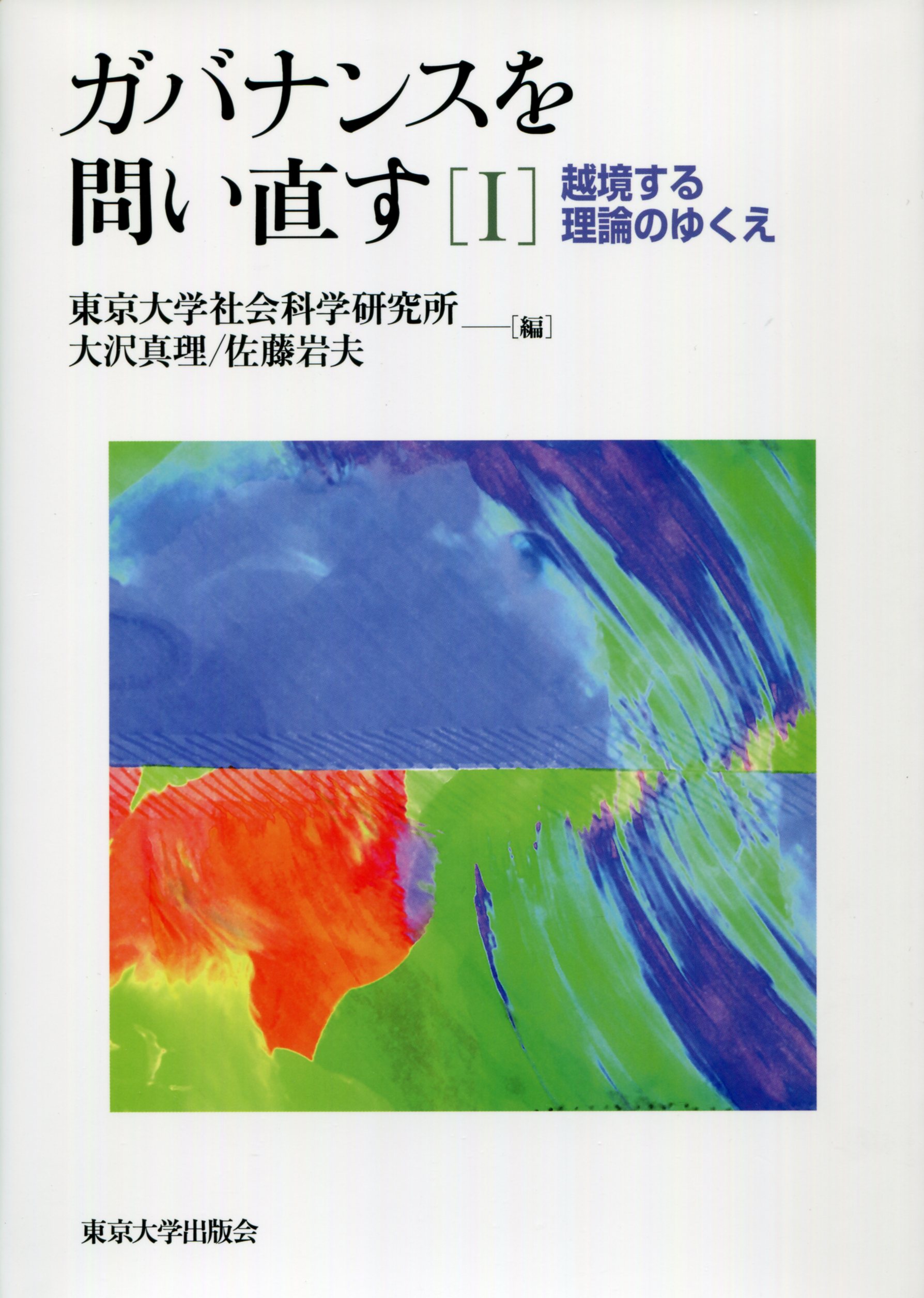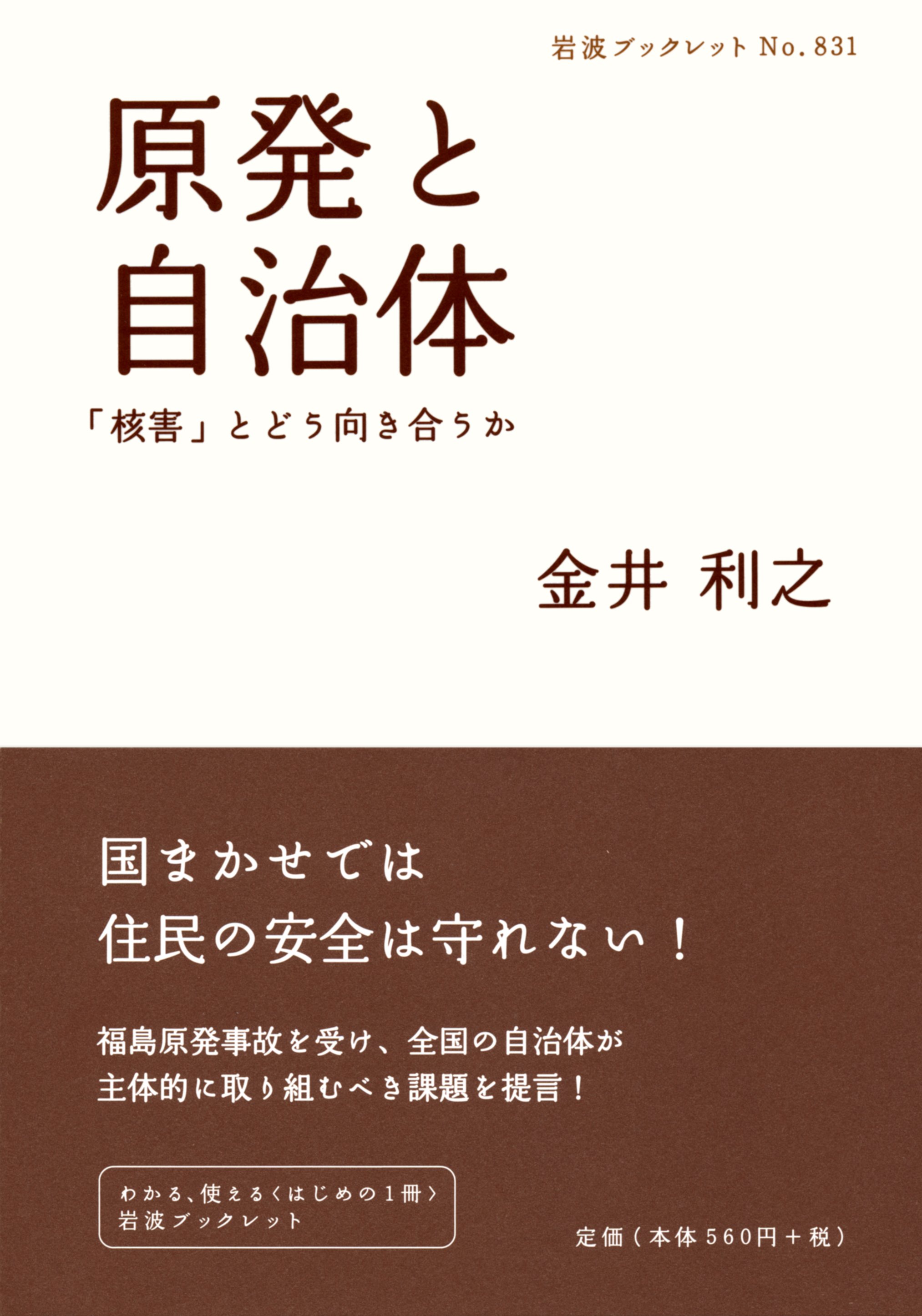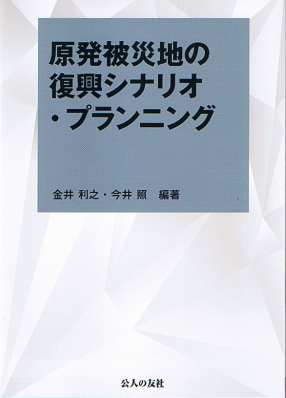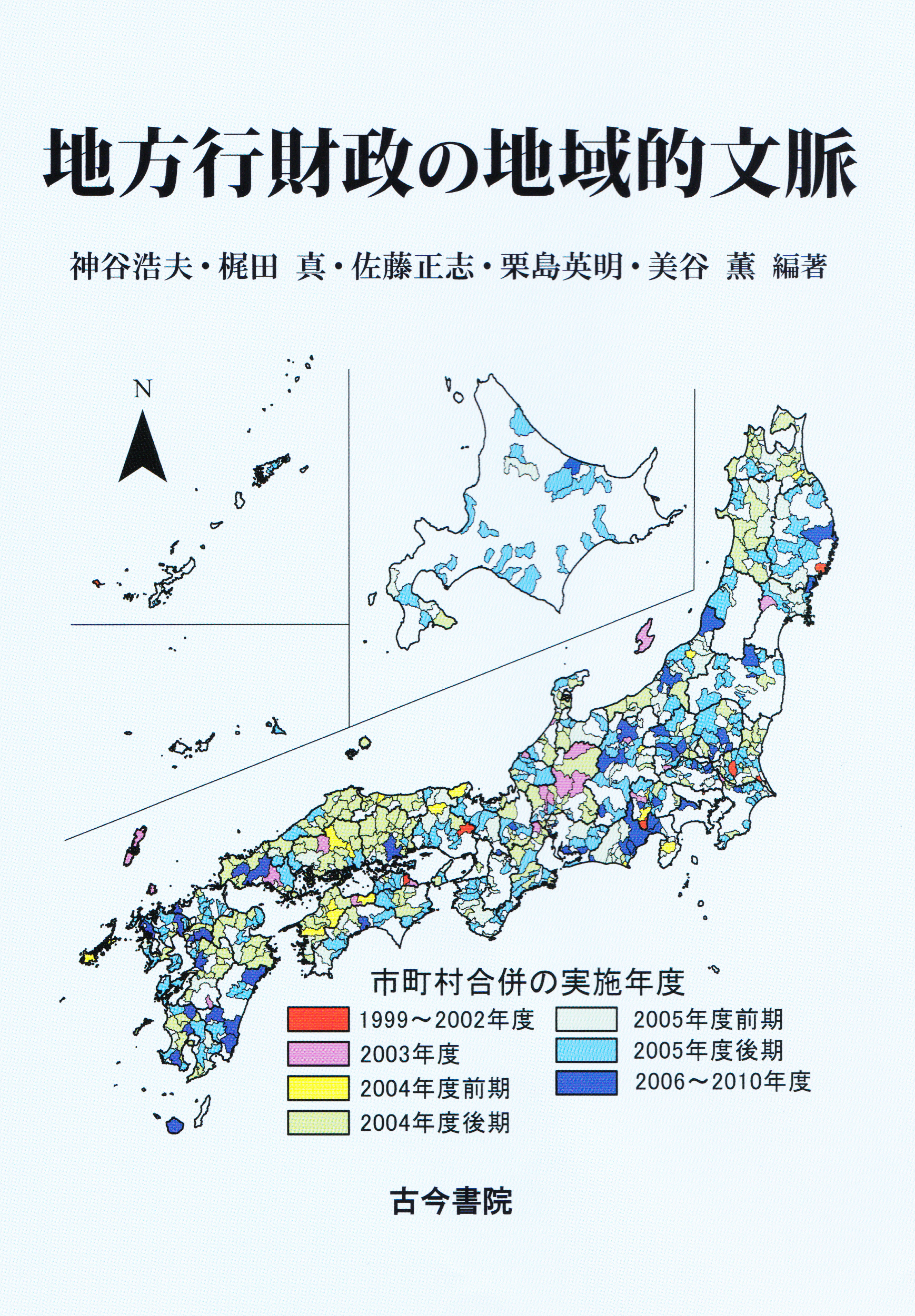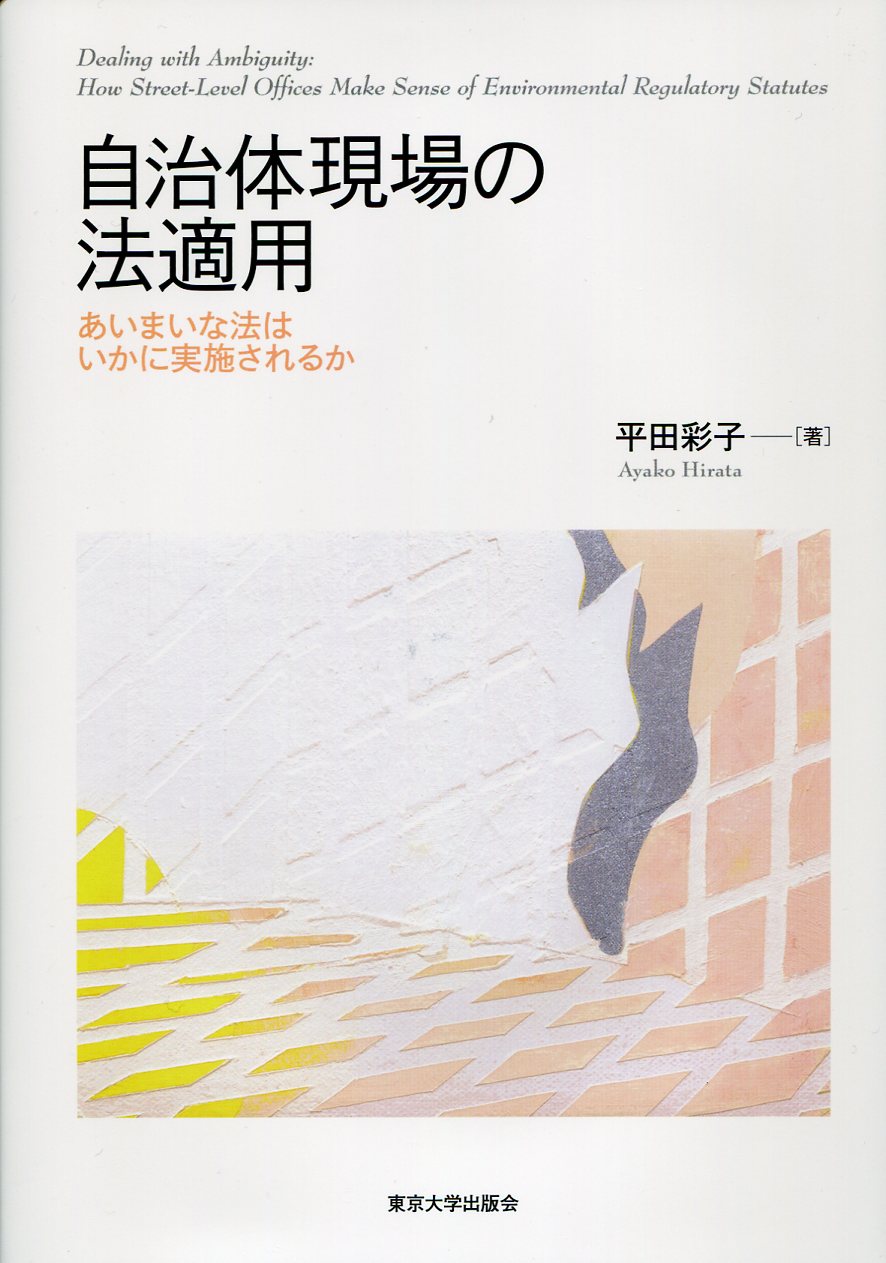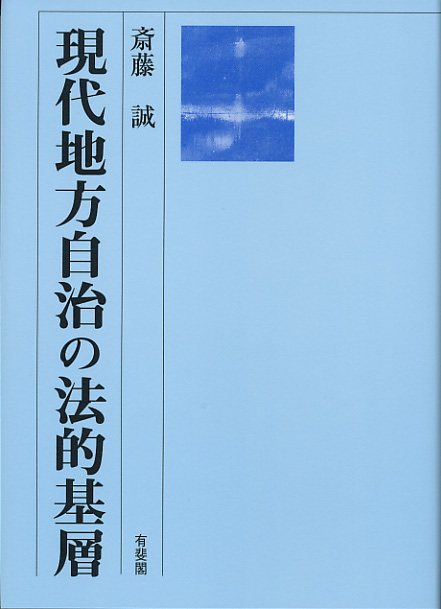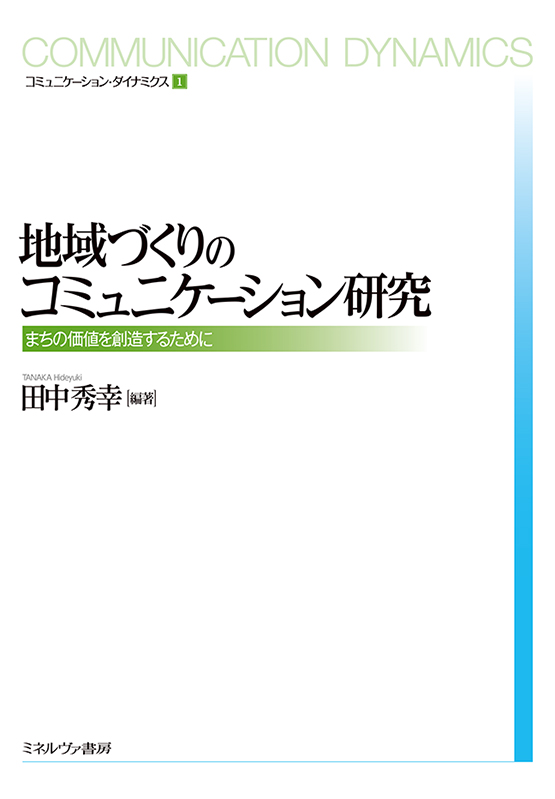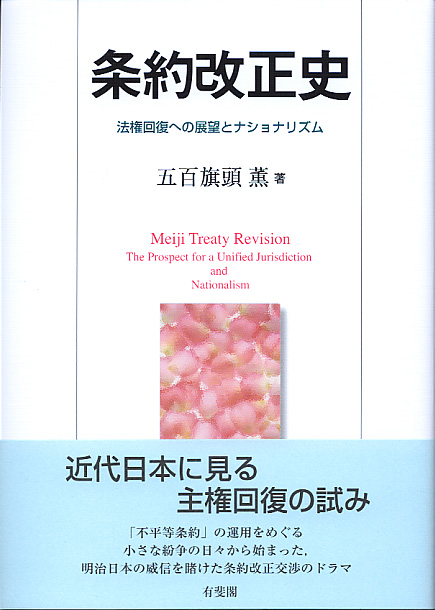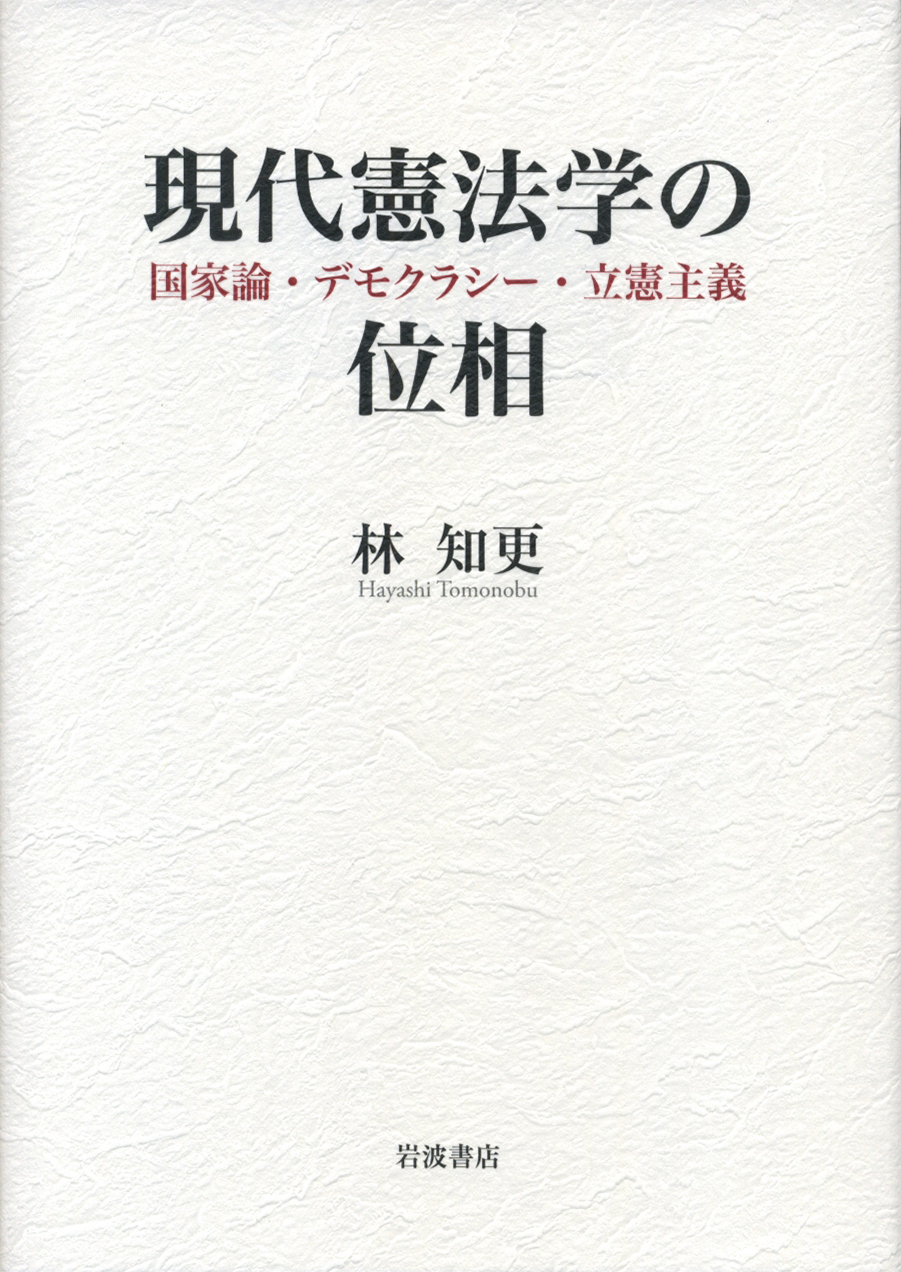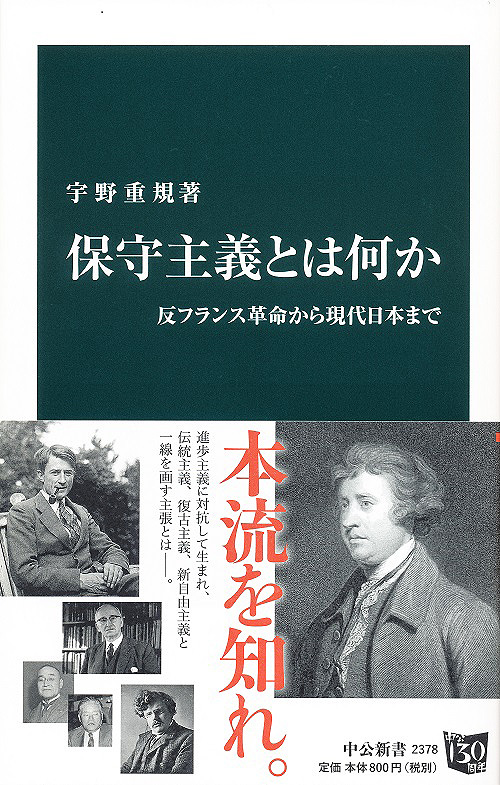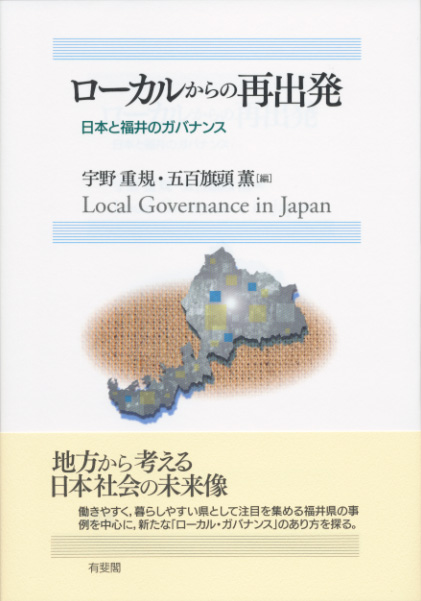
Title
Local Karano Saishuppatsu (Restarting from the Loal: Governance of Japan and Fukui)
Size
356 pages, A5 format, softcover
Language
Japanese
Released
January 25, 2015
ISBN
978-4-641-14911-3
Published by
Yuhikaku Publishing
Book Info
See Book Availability at Library
Japanese Page
The word ‘local’ has many meanings. It means regional as in ‘local government’ as opposed to a ‘central government.’ However, ‘local’ does not only mean ‘regional.’ When we talk about a ‘local point of view,’ for example, it may be more appropriate to understand it to mean ‘the point of view of someone who engages in actual work in the field’ rather than a ‘regional viewpoint.’ Given that various districts of Japan are faced with many issues, such as financial burdens and declining populations, this book takes a historical and theoretical approach to consider the initiatives pursued in these districts from ‘the point of view of those who are engaged in the field.’
The word ‘governance’ is another key word in this book. We sometimes hear that the times are changing from a vertical, hierarchical ‘government’ to ‘governance’ that is seen as a horizontal network structure. However, if we take ‘local governance’ in a narrow sense of a diversity of non-governmental agents participating in local administration, contributing to the provision of public services and solution of issues in local communities, then this is not at all a new phenomenon in the history of Japan. In some sense, it can be said that ‘governance’ has been at work in Japanese communities from olden times. Taking this to be the case, this book also addresses the question of what is the truly new aspect of governance in modern society.
In order to avoid just offering an abstract debate, the authors conducted fieldwork. The target locality is Fukui prefecture. This prefecture is often referred to as having “the highest level of satisfaction in Japan” in terms of social indices. However, it gives rise to questions such as what are the underlying factors, and whether Fukui has no major problems. It is not that this prefecture has always been prosperous. We look at how Fukui as a local government has been organizing its pursuits, and how its administrative and industrial structures have changed over time. The book also throws light on the changes in family composition, notably the cohabitation of three generations and local community networks, as well as the initiative about a nursing care insurance system.
The fact that Fukui hosts nuclear power stations cannot go unnoticed. There are many nuclear facilities in the vicinity of the Reinan district of Fukui, supplying power to a wide area of the Kansai region. Thus, this book also takes a unique viewpoint to address issues such as why the district has so many nuclear power stations, and what are the challenges unique to a hosting public administration, from historical and financial points of view.
The topic and materials included in this book originally started as studies which formed part of a joint research project Re-questioning Governance at the University of Tokyo’s Institute of Social Science. I hope this book will present an interesting insight into how researchers from diverse fields of social science, not only from the University, but from further afield, came together to tackle the issue of the ‘local.’
(Written by UNO Shigeki, Professor, Institute of Social Science / 2018)



 Find a book
Find a book


 eBook
eBook